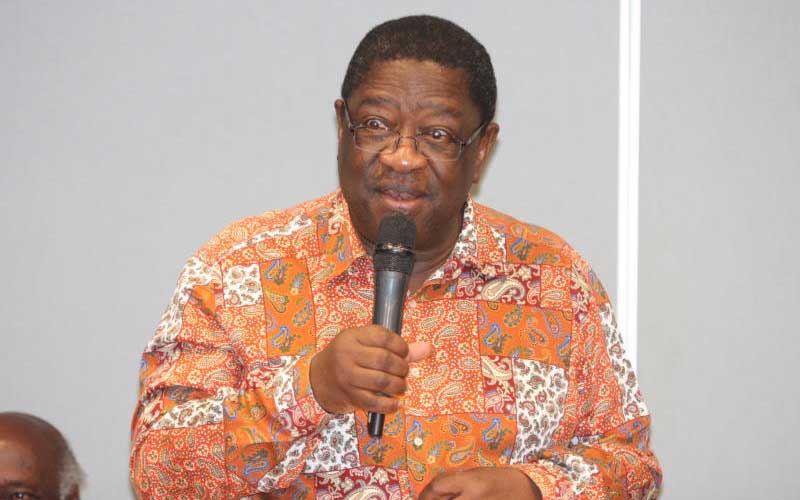×
The Standard e-Paper
Kenya’s Boldest Voice

The Building Bridges Initiative (BBI) task force will conclude its public participation by October this year.
The task force formed on March 9, 2018 after President Uhuru Kenyatta and opposition leader Raila Odinga shook hands outside Harambee House to end years of hostility, has been gathering views on the nine issues identified as problems ailing Kenya.